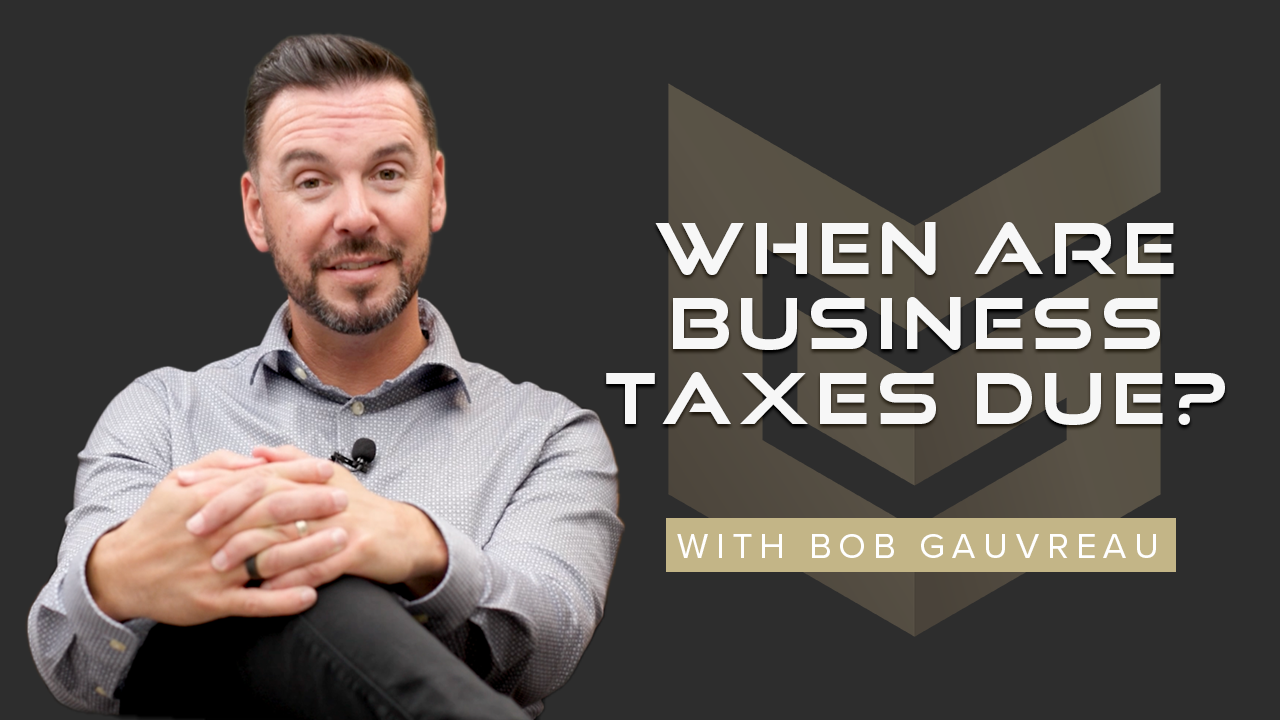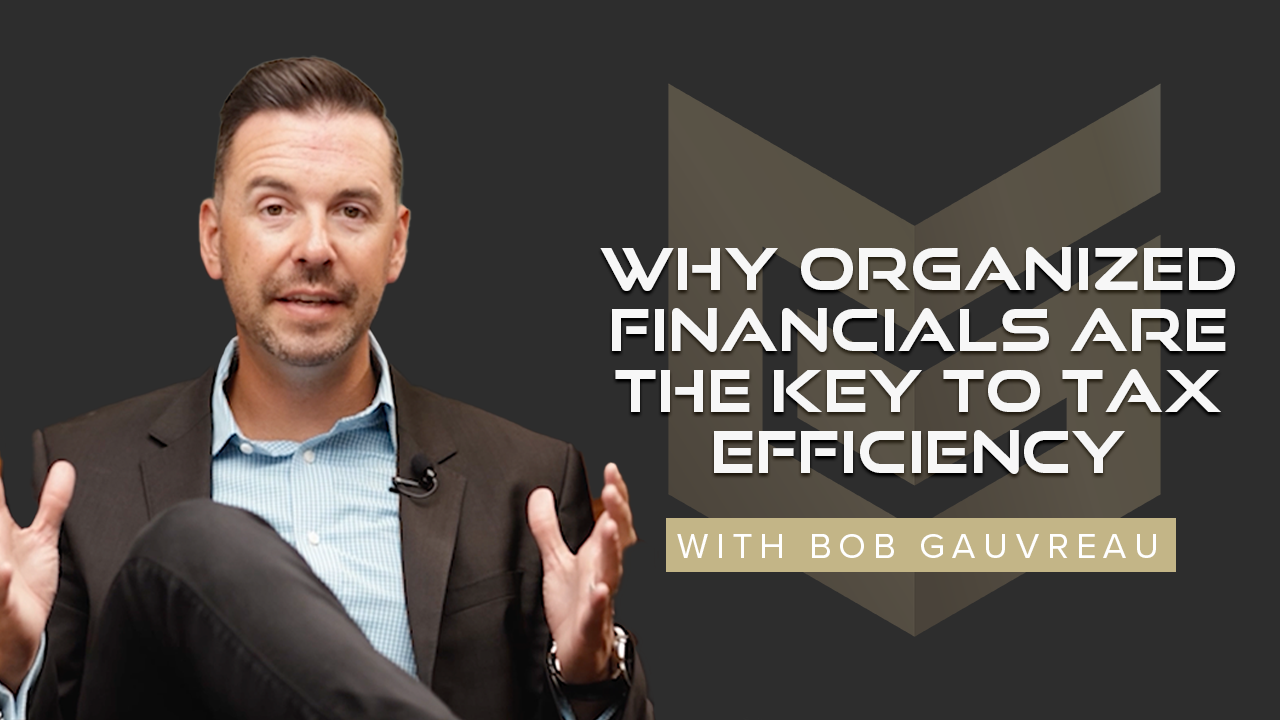1 min read
Maximizing Tax Credits for Your Business: Proven Strategies for Optimal Savings
Let's delve into the world of tax credits within your business and how you can fully leverage them to minimize your tax burden legally. One...
1 min read
 Gauvreau Accounting Tax Law Advisory
Jul 20, 2023
Gauvreau Accounting Tax Law Advisory
Jul 20, 2023
Let's talk about deferring taxable income and how we can approach this for you, your family, and your business. Deferring income means pushing the taxation of certain earnings to a later date. Why would we want to do that? Well, the time value of money suggests that if we can avoid paying taxes now, we can use that money to invest and build wealth, then pay the taxes at a later date.
Now, let's focus specifically on business owners since that's who I regularly work with. If you're a Canadian business owner, one option for deferring income is through an RRSP (Registered Retirement Savings Plan) contribution. By making a $10,000 RRSP contribution, your taxable income decreases by that amount, saving you taxes in the present. However, you'll pay taxes on the withdrawn RRSP amount later, typically during retirement. It's essential to work with your wealth advisor and accountant to consider the long-term implications and potential growth of your RRSP investments.
Another approach for Canadian corporations is to leave as much money as possible within the company. Keeping funds inside the corporation and investing them there instead of taking them out personally can offer significant deferral benefits. For instance, leaving $10,000 within the corporation, as opposed to withdrawing it personally, allows you to invest the full $10,000 upfront, which can grow faster over time.
Be cautious, though, about accumulating too much cash within an operating company. Depending on your situation, it might be necessary to set up a second company and engage in tax planning to optimize your tax deferral strategy.
For those in the United States, you have the 401(k) option for deferring income, which operates similarly to the RRSP. You can also leave funds inside your C Corporation to enjoy similar deferral benefits. However, if you have an LLC, it's treated as a flow-through entity, and you'll pay taxes personally. There are opportunities for deferral with the S Corporation election, but it's essential to explore what options are available to you.
Remember, when aiming for deferred income, we want to build our earnings with opportunities for deductions and the possibility of avoiding taxable income altogether.
Regarding investments, consider focusing on assets that accumulate value rather than paying regular dividends. Assets like stocks that appreciate in value can offer tax-deferred growth until you sell them.
If you're interested in learning more about deferral opportunities, our tax team is here to help you create a personalized plan tailored to your specific circumstances.

1 min read
Let's delve into the world of tax credits within your business and how you can fully leverage them to minimize your tax burden legally. One...

Filing your business taxes on time is critical to avoiding unnecessary penalties and interest charges. However, the deadlines for filing can...

When it comes to minimizing taxes, most business owners think about year-end strategies, deductions, and credits. But the real work—the...